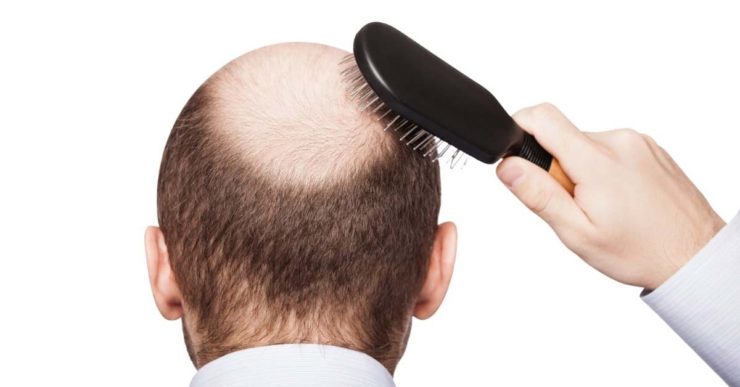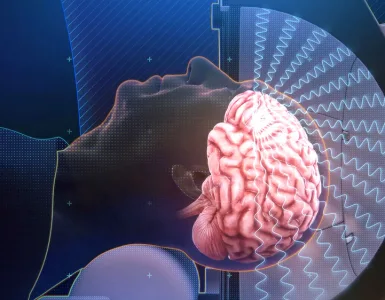Chun-Chieh Wang and his research team published an article in the International Journal of Pharmacology aiming to develop a product that addresses the hair loss problem of the population. The study discovered that Poria cocos extract had the potential to stimulate the hair follicles for hair growth.
Poria cocos is a Chinese fungus known as Fu-ling, vastly used in traditional Chinese medicine exhibiting high potential for treating multiple diseases. Fu-ling displayed multiple bioactivities when used as a medicine such as antitumor, antioxidant, antibacterial, antihyperglycemic, and anti-inflammatory. The team reported, “polysaccharides and triterpenoids were the two main components in the ethanol-based extract that showed profound bioactive function.”
It was observed that Tumulosic acid (TA), a triterpenoid in the extract, actively suppressed lung cancer through Bcl-2 expression regulation and activating the caspase cascade. In contrast, pachydermic acid (PA), dehydropachymic acid (DPA), polyporenic acid C (PAC), and lanostan e-type triterpenes, suppressed the proliferation of human pancreatic cancer and skin tumor.
Baldness, hair loss is a common problem thriving in the population. “After puberty, the different hair loss patterns were reported, including alopecia areata, telogen effluvium, and patterned hair loss (most common),” said the corresponding author. The cause is still unknown and controversial topic among the scientist and professionals.
The team pointed out that the hair follicle undergoes three cycles of growth. The telogen-to-anagen transition occurring near the dermal papilla was critical for the disrupted growth of hair follicles leading to abnormal hair loss. Thus, the study’s authors targeted dermal papilla cells for modulating the cellular mechanisms organizing the hair follicle.
Chun-Chieh Wang observed, “the natural components of the P. cocos extract directly induced hair cells growth through targeting blood influx, which proved beneficial for hair growth stimulation.”
The study highlighted the importance of natural alternative medicines, which favors hair growth and controls abnormal hair shedding.














Add comment